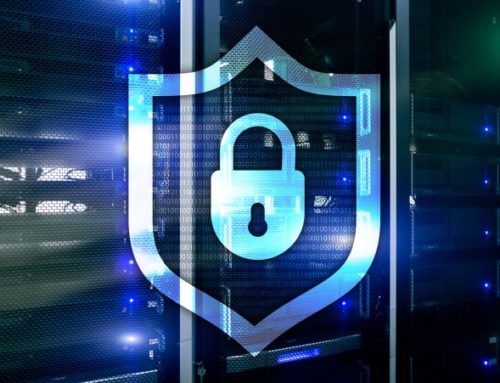Many users of Apple devices use the iCloud. Some also store their cell phone backup in the cloud. But how secure is the iCloud really? We have taken a closer look at it for you.
The iCloud explained clearly
The iCloud is Apple’s cloud storage, where users can store all their data. From iPhone to iPad to Mac – as soon as you create an Apple ID, you automatically have an iCloud account. This allows them to access and automatically synchronize their personal content from anywhere in the world.
The iCloud includes the following features:
- Locating missing iOS devices
- E-Mail provider
- Cloud storage
- Family sharing of documents and purchases in the App Store
The files can be photos, videos or calendar entries. You can also store documents such as spreadsheets and presentations. Users can also store e-books, music albums and various apps that have been previously purchased from the App Store. Apple will initially provide 5 GB of cloud storage space. This can be expanded by the customer for an additional charge.
Data secure in iCloud backup
Many iCloud users use Apple’s cloud storage for backup. The backup includes the following data:
- App data
- Apple Watch information
- General settings
- Organization of apps
- Photos and videos
- Ringtones
But where does Apple store users’ files and how secure is iCloud?
Location of data in the iCloud
The data uploaded to the iCloud is encrypted and stored on servers in the USA. This means that they fall under the significantly weaker data protection laws of the USA. The standards of the DSGVO are not complied with. In some cases, Apple may also store the data with third-party providers such as Amazon or Google. This is a key reason why Stiftung Warentest classified the cloud storage with a low level of security and only marked it as “sufficient”.
How secure is the iCloud?
Apple relies on industry-standard security technologies for its cloud solution, as the company itself calls it. End-to-end encryption is used for certain sensitive data. However, two-factor authentication of the Apple ID must be activated in order to use secure encryption.
Probably only a few users know this. All data you can view on icloud.com, such as calendars, contacts and iCloud Drive data is not encrypted. Here, the company could gain access and pass the information on.
In some cases it is even possible that their iCloud photos end up on third-party servers such as Amazon or Google. However, Apple assures that these cloud providers do not have a key to your photos either.
Apple stores call histories in the cloud
With the iOS 9 operating system, Apple has been automatically storing call logs in the cloud since 2016 without the user being able to object. Starting with iOS 10, the Group also records additional missed WhatsApp, Skype and FaceTime calls. This makes it possible to create very accurate call histories of Apple users. The company also officially confirmed this approach. However, they do not see any danger in this, as the data is stored in encrypted form. However, it is unclear what the encryption of this data looks like.
TeamDrive is the secure alternative to the iCloud
For secure data storage in the cloud, you should play it safe when choosing your cloud provider. Make sure you know where the servers of the cloud service are located. In order for your data to be subject to the DSGVO, the server location in Germany is required. TeamDrive offers you exactly this and much more! The protection of your data is a top priority for TeamDrive. EuroPrise GmbH even awarded TeamDrive the EuroPrise data protection seal of approval for its secure encryption.
This ensures that only you can access your data. Not even TeamDrive itself can access or scan your personal files. All data that you synchronize via TeamDrive into the cloud, as data backups or for collaboration purposes, is strongly encrypted before being uploaded. The keys for this remain with you and are not accessible to Apple or TeamDrive.
This zero trust architecture with full end-to-end encryption ensures complete confidentiality and security in the cloud.
Don’t think twice and switch to the secure iCloud alternative!




